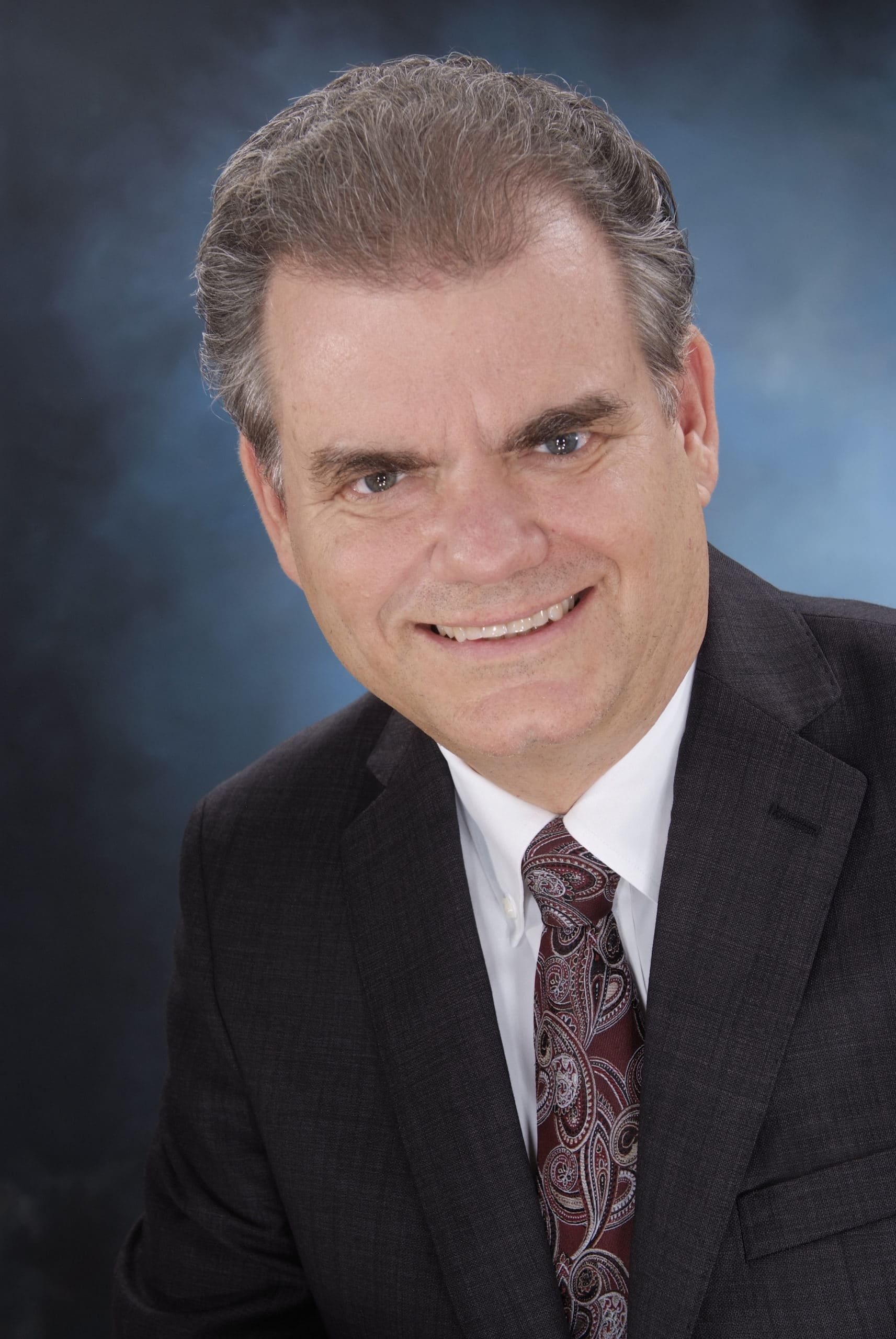Sometimes we may have a wrong idea regarding nurturing faith in the lives of our students. We believe that teachers can nurture the faith of students, which is true. The problem is that we sometimes think that teachers are the only ones who can exert an influence on a student’s faith, which is simply not the case.
Through the years, I have had opportunity to talk with many students. When I ask who has had the greatest influence on their lives, especially in terms of spiritual growth, students will sometimes mention one of their teachers. More often, however, they will talk about one of the support staff at their school, perhaps an office assistant, a residence hall dean, a librarian, a work supervisor, or a janitor, who took time to become acquainted, who encouraged them, who mentored them, who prayed with them. And that may be true for many of us, as well, as we think back to our own school experience.
In Scripture, apostles, prophets, pastors, and teachers clearly have a faith-nurturing role (Ephesians 4:11-13). But what about those who do not stand in the pulpit or in front of a classroom? Are they not also educators? Can they likewise be agents of salvation? Here are three examples.
- She was a young woman and a recent employee. Many of those surrounding her came from a secular background, as do many students in Christian schools today. This young employee, who was but an assistant to the wife of an administrator, noticed that someone was suffering. She felt compassion and spoke of the God who could bring healing. As a result, Naaman not only gained a new lease on life, but experienced a spiritual transformation (2 Kings 5:1-17).
- He was a middle manager – a deacon, as they were then called – but he listened to the prompting of the Spirit. He went out of his way to travel to a rather dreary and unpromising setting—the road which goes down from Jerusalem to Gaza, which is desert. There Philip met a learner, who was a foreigner and wondered about many things. Receiving an invitation, Philip stepped into the student’s chariot and spoke with him about Jesus. As a result, the Ethiopian accepted Christ as his Savior and was baptized (Acts 8:26-39).
- His name was Ebed-Melech. He was neither a prophet nor a prince. He was simply one of the workers in the palace. But he found out that someone was in distress. That person had landed in a deep pit and couldn’t get out, as happens at times with some of those around us. No one offered to help until Ebed-Melech stepped out of his comfort zone, spoke up on the student’s behalf, and then with gentleness and compassion, rescued Jeremiah from the abyss (Jeremiah 38:7-13).
In all three cases, we see that one does not need to hold a leading position to become a remarkable influence in the lives of others. We each can make a difference.


1 comments
In my student experience in Universidad de Montemorelos, the campus gardener gave me great teachings. I see hem every day pruning the roses in front of the library, with patience, with dedication, taking care of the plan, greeting all people. His personality inspired confidence, and I could pray with him every morning.